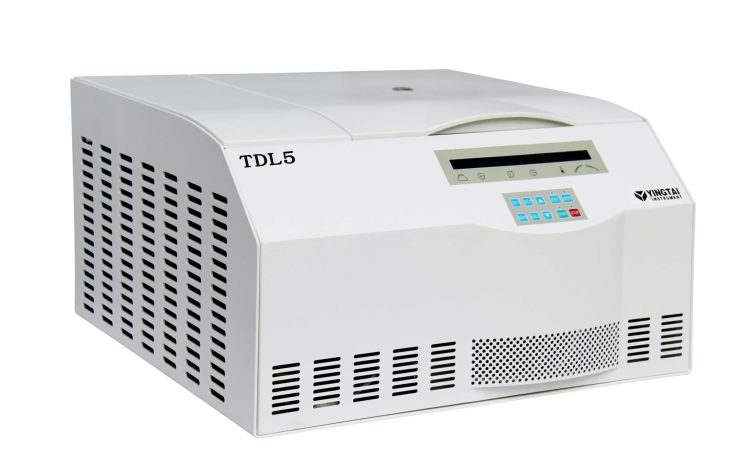Benchtop centrifuges are considered a staple in research and clinical laboratories. Unlike other types of centrifuges such as floor standing centrifuges and veterinary centrifuges, they are smaller in size and therefore require less space.
While they can easily accommodate small specimen samples, they are considered ideal for other testing activities, especially those that are carried out in mobile clinics.
Benchtop centrifuges have an electric motor where tubes are made to rotate in a fixed axis. This results in a force perpendicular to the axis, that will separate components in a sample by density. Below are some of the reasons why benchtop centrifuges are considered staples in mobile clinics:

Benchtop centrifuges have a steady temperature.
Benchtop centrifuges come with great features including steady and robust temperature control (this helps ensure sample temperature is maintained). In settings like mobile clinics where ambient temperature is less consistent compared to laboratories, being able to keep samples at the right temperature is crucial.
Benchtop centrifuges have different accessories and rotors for various applications.
Some benchtop centrifuges provide general purpose capability (from medium to high throughput centrifugation). These types of centrifuges are commonly used in labs in the research, agriculture, clinical, petrochemical, and food and beverage industries. For mobile clinics that are limited in space, a centrifuge that is capable of spinning multiple types of vessels in a single unit is ideal.
Benchtop centrifuges can be used for out-of-clinic activities and field work.
Electronic devices used in mobile clinics are powered by either a generator or battery. When doing field work, benchtop centrifuges can be operated using a generator. The convenience and portability of benchtop centrifuges also make them ideal for outreach programs, medical missions, and other related field activities.












